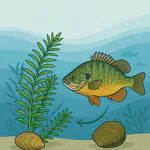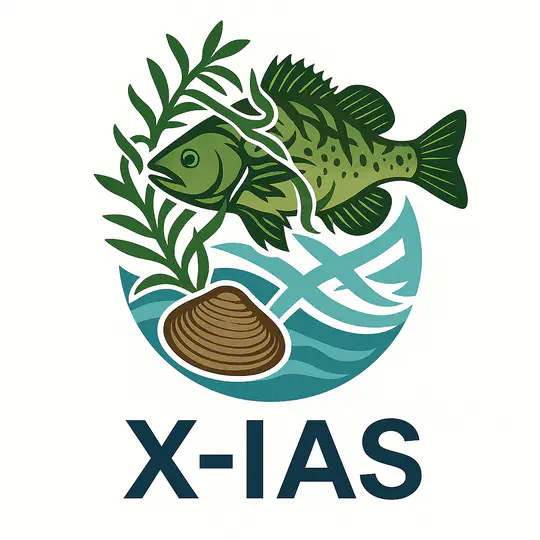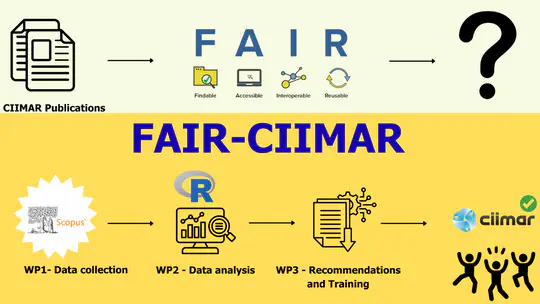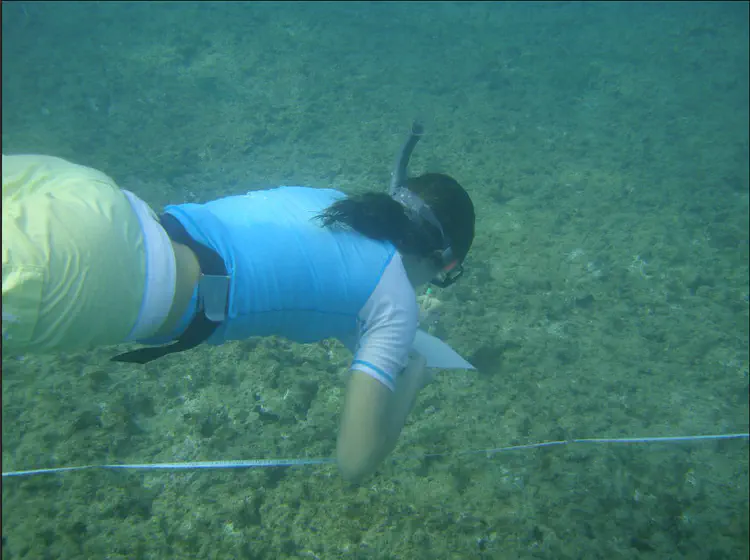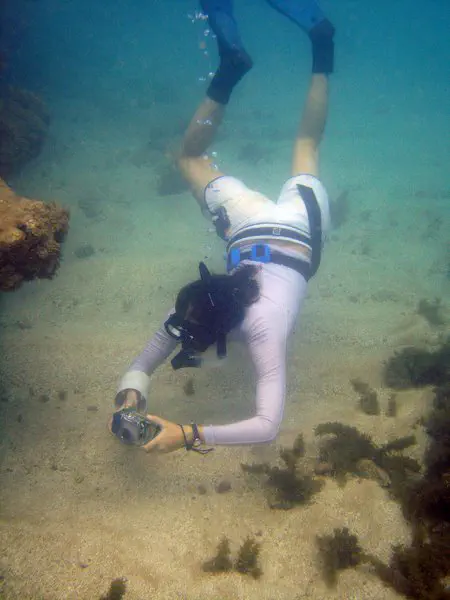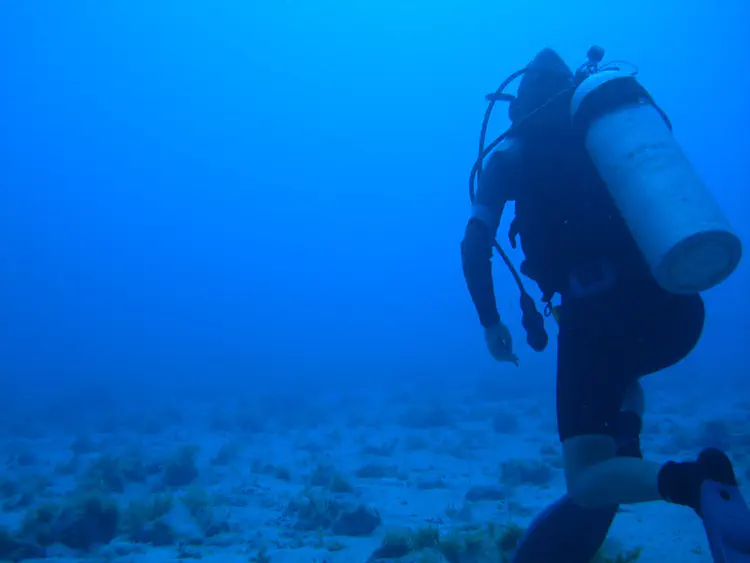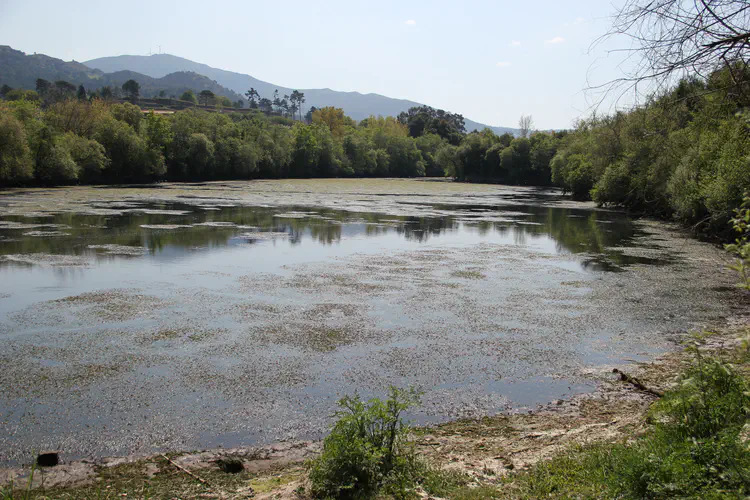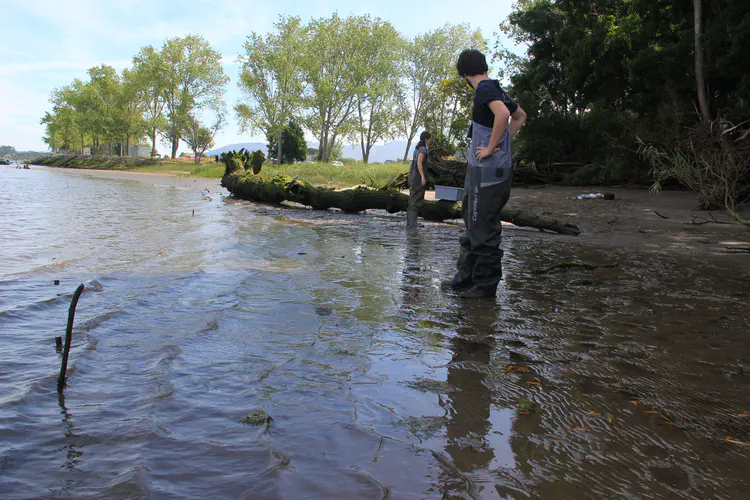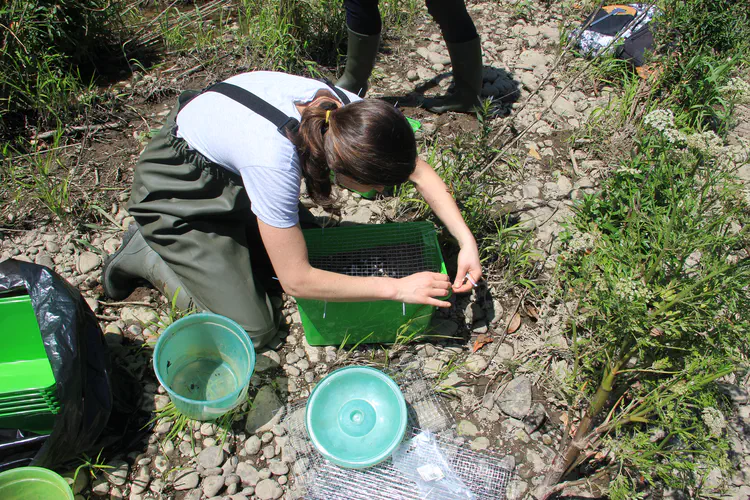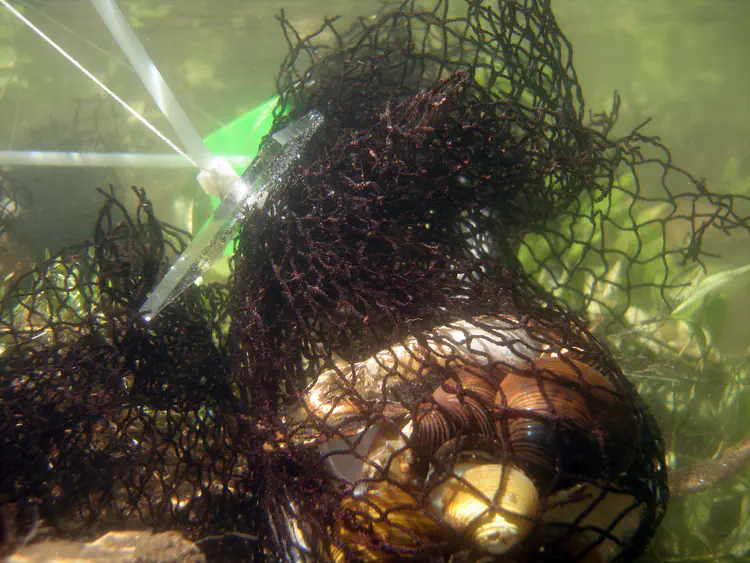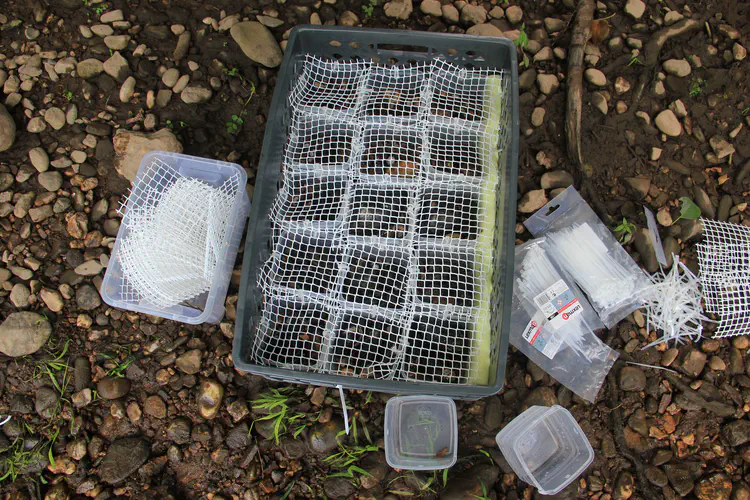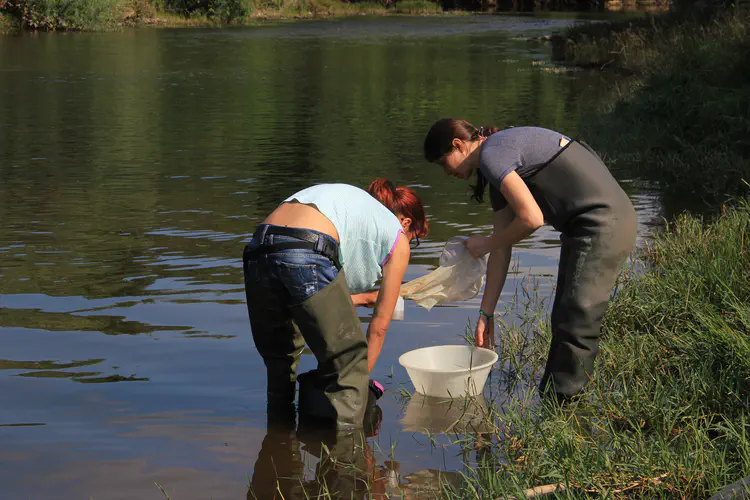Martina Ilarri
Assistant researcher
CIIMAR - Interdisciplinary Centre of Marine and Environmental Research of the University of Porto
Biography
Martina Ilarri is a Researcher at the Benthic ecology and environmental solutions lab, CIIMAR-UP. Her main research interests focus on studying the changes (taxonomical and functional diversity) associated with the introduction of invasive aquatic species at different ecological levels (populations, communities and ecosystems). In addition, she focuses on understanding changes in the functioning of aquatic communities due to the impacts of climate change and extreme weather events.
- Biological Invasions
- Climate Change
- Aquatic Ecology
- Conservation
- Data Science
- Data management
Data Steward Certificate program (post graduation of 1 year), 2025
University of Vienna, Austria
PhD in Marine and Environmental Sciences, 2012
University of Porto, Portugal
MSc in Biological Sciences - Zoology, 2008
Universidade Federal da Paraiba, Brazil
BSc in Biological Sciences - Marine Biology, 2005
Universidade Federal Fluminense, Brazil
Skills
Experience
Accomplishments
Projects
Featured Publications
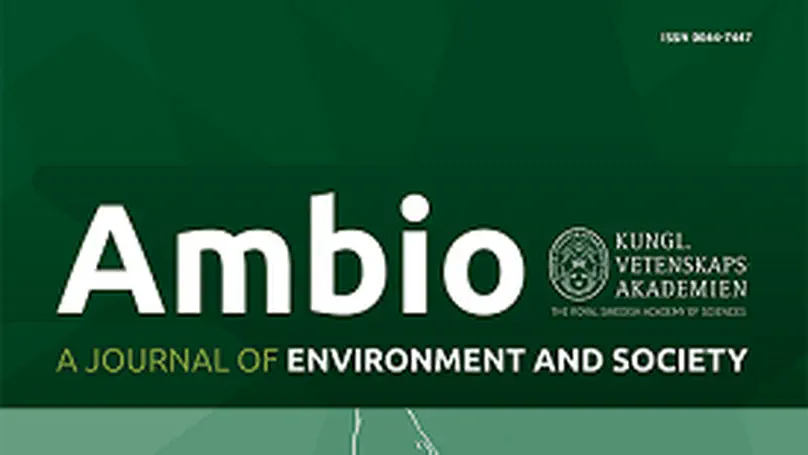
Most freshwater mussels (FM) in Europe have dramatically declined and are now facing extinction due to human disturbances. Given the recent EU initiatives to protect and restore freshwater ecosystems, public awareness should be considered in the implementation of possible management measures. With this aim, a total of 1102 interviews exploring FM knowledge and use were carried out in four European regions. Results evidenced differences linked to socio-economic metrics—e.g., human density, GDP, residency, and sex—though using FM is independent of being aware of threats they face. Low awareness of FM threats makes Southeastern Europe the most challenging region for conservation, while in Southwestern Europe, poor knowledge about their existence may hinder engagement. To address these challenges, targeted educational campaigns and engagement initiatives should be developed to increase awareness in both regions.
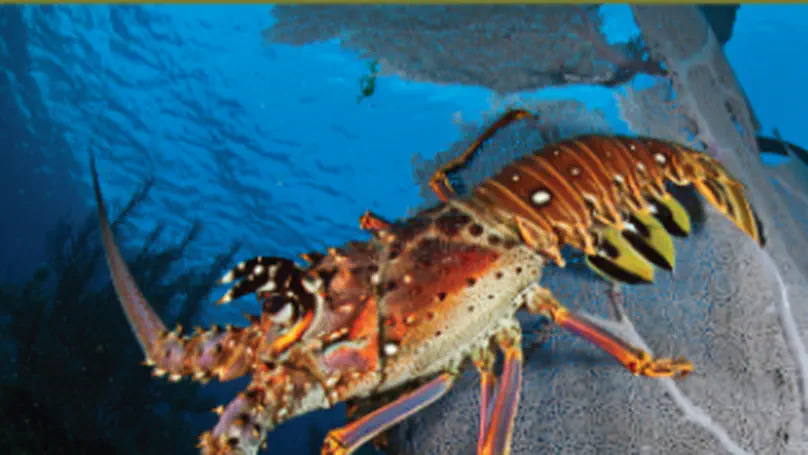
Mass mortality events (MMEs) are decimating populations and compromising key ecosystem functions around the globe. One taxon particularly vulnerable to MMEs is freshwater bivalve mollusks. This group has important ecosystem engineering capacities and includes highly threatened and highly invasive taxa. Thus, MMEs of freshwater bivalves have important implications for conservation and ecosystems. Despite this, little is known about the magnitude, frequency, duration, distribution, and causes of freshwater bivalve MMEs. Using a questionnaire, we compiled data from 239 reports describing freshwater bivalve MMEs across 22 European countries since 1960. With these data, we analyzed trends in MME timing, location, and magnitude; identified the species affected; and evaluated the suggested causes (including reporter certainty). We found that the frequency of reports of MMEs increased each year, MMEs affected a broad range of species, clear geographical patterns linking certain causes to specific locations were lacking, factors related to drying and habitat destruction predominated suggested causes, and considerable uncertainty surrounded the causes of many MMEs, particularly those associated with potential pollutants and disease agents. Based on our findings, we recommend the standardization of many aspects of MME research (e.g., reporting and recovery assessment protocols), increased surveying for MMEs, further investigation into the causes of MMEs, especially those with significant uncertainty, and immediate actions to improve waterbody management, mitigate the effects of high temperatures, and further protect freshwater bivalves through the development and implementation of appropriate management actions and legislation.
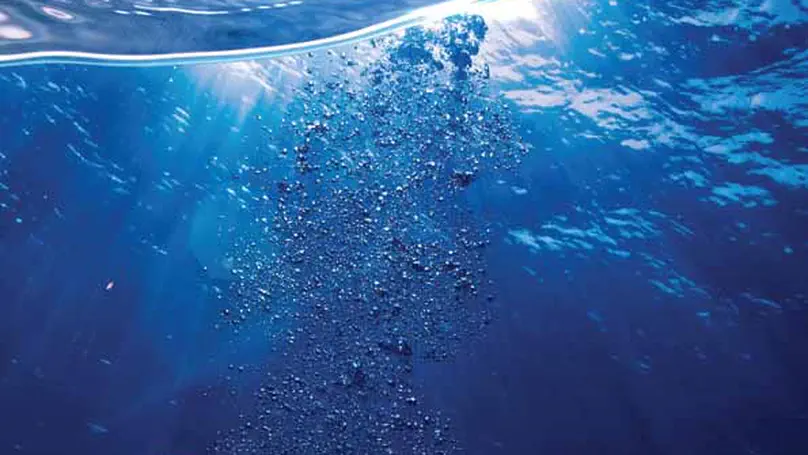
Freshwater bivalves are globally distributed, diverse, and common in benthic communities. Many taxa, particularly in the most species-rich order, Unionida, are declining due to anthropogenic stressors, while a small number of non-native species have become increasingly abundant and widespread, commonly replacing native bivalve assemblages. To understand how these global changes may impact ecosystems and people, we conducted a meta-analysis of existing literature quantifying the ecological functions (= supporting or intermediate ecosystem services) and regulating ecosystem services of freshwater bivalves (hereafter “ecosystem services”). Random effects meta-analysis modeling across 447 case studies revealed a positive effect on human health, safety, or comfort of freshwater bivalve ecosystem services overall and specifically, via effects on native macrofauna, microorganisms, wastes, and pollutants, and the physico-chemical condition or quantity of sediments. Generally, effects of native species and species within the orders Unionida and Venerida were more significant and positive than those of other freshwater bivalves. No significant overall effect was found for ecosystem services related to zooplankton, algae, invasive species, and the physico-chemical condition of ambient water. Moreover, a significant bias toward publication of positive results existed for studies quantifying ecosystem services related to algae. These findings illustrate the global importance of the ecosystem services of freshwater bivalves and highlight the need for large-scale conservation and restoration efforts for their species and populations globally, including those of common species. Our findings also question common assumptions of strong and ubiquitous effects of freshwater bivalves on algae and water condition, cautioning against extrapolating observations across systems.
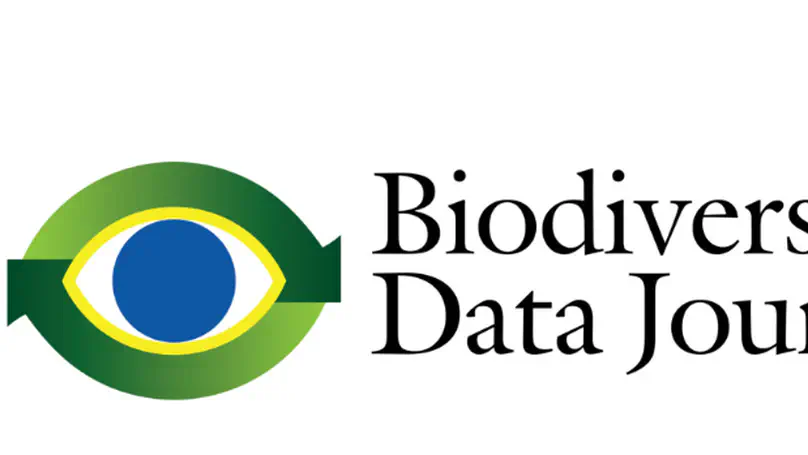
The paper presents an extensive fish sampling dataset spanning a long-term period from 2010 to 2019. The data were collected in Lenta Marina, an upstream area in the Minho Estuary of the NW Iberian Peninsula, which belongs to a LTSER (Long-Term Socio- Ecological Research) platform. To capture fish, fyke nets were utilised as the sampling method and deployed at Lenta Marina. This dataset offers valuable insights into the abundance of each collected taxa recorded over time. The dataset reports a comprehensive compilation of data on the abundance of fish species observed in the area during the sampling period (includes zeroes when a given taxonomic entity was absent in a given sampling event). It provides a detailed record of the abundances of the fish community through time in a frequent sampling regime (on average, sampling was done every 6 days). The dataset shows that the amount of fish from invasive taxa exceeds the count of fish from native taxa in the Minho Estuary.
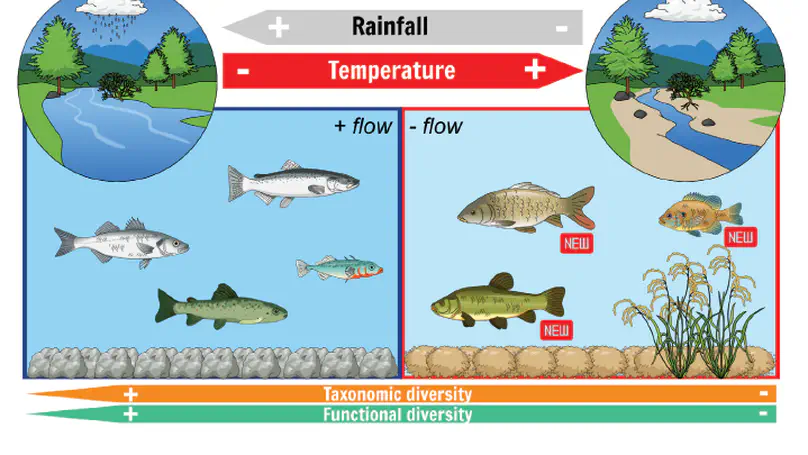
As the effects of climate change continue to intensify, non-native species are becoming more prevalent in estuarine ecosystems. This has implications for the taxonomic and functional diversity of fish communities. Historically, biodiversity has been a synonym of taxonomic diversity, however this approach often fails to provide accurate insights on ecosystem functioning and resilience. To better understand how climate change is impacting fishes and their traits’ composition, a long-term dataset from Minho Estuary (NW Iberian Peninsula) fish assemblage was analyzed. The results suggest that climate change and extreme weather events altered the prevailing trait modalities of fishes, which led to the overall decrease in functional diversity of the fish assemblage over the course of a decade. This decrease is associated to the loss of some trait modalities that are exclusively found in native species. On the other hand, the invasive species added novel traits associated with the conditions of high temperatures and low precipitation regime currently observed in the studied area. Our results highlight that the shift in the presence and dominance of some traits is directly influenced by climatic changes. Also, despite the addition of novel modalities by the invasive species, the fish assemblage is now less functional and taxonomically diverse than previously.
Recent Publications
Top colaborators
👨🔬 Allan Souza 🇫🇮
University of Helsinki ResearchGate Website
👨🔬 Ronaldo Sousa 🇵🇹
University of Minho ResearchGate
👩🔬 Vanessa Modesto 🇮🇹
CNR - Water Research Institute
👩🔬 Ester Dias 🇵🇹
👩🔬 Marina Dolbeth 🇵🇹
👩🔬 Irene Martins 🇵🇹
👩🔬 Cristina Calheiros 🇵🇹
Contact
- milarri@ciimar.up.pt
- +351 223 401 809
- Terminal de Cruzeiros do Porto de Leixões, Avenida General Norton de Matos, S/N, Matosinhos, Porto 4450-208
- Every weekday from 9:30 to 17:00
